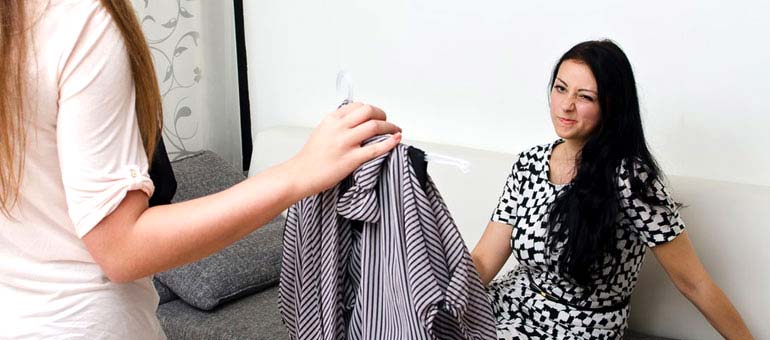Moving Into Halls With A Disability or Medical Condition

Moving into halls at university can make anyone apprehensive at the best of times, with everyone uniting in that weird blend of fear, excitement and – in many cases – sex hormones to produce the strange cocktail that will often fuel much of the first semester. For a disabled student, or a student with a medical condition, it can be an even more difficult experience, simply because there is yet another thing to worry about.
Perhaps the most important thing for most students in this scenario is to make sure that their flat-mates know what’s going on with the illness or disability. Of course, this depends entirely on the exact circumstances, but for many students this may be the first time they’ve lived independently, and often it can be very useful to have a helping hand, or at least to make sure people know what you suffer from so they know what they should do if something happens.
We realise this is painfully, hopelessly vague, so we’ll give an example: your standard fresher student happens to suffer from epilepsy, fails to tell any of their flat-mates, goes out, and ends up having a fit in the middle of a nightclub just hours after meeting all of the people they’re meant to be living with. It doesn’t go too badly – an ambulance is called, the student is shuffled off, and everyone else goes home and wonders what the hell just happened. It could have been worse. But it also could have been a lot better if our student had just told one of their flat-mates earlier on – they would have been able to tell the ambulance crew, and they wouldn’t have been quite so worried later on in the night.
The point is, you should try to make sure that someone has your back in this kind of situation at all times. Just letting one person in your flat know what, exactly, is going on will be setting up a bit of a safety net just in case. Just in case is important – ‘prepare for the worst, expect the best’ and all that drivel. It’s cliché, but it’s better than nothing.
Mobility issues can be a problem with some disabilities, and one great resource to help with this is the website DisabledGo, which will very quickly and reliably tell you exactly what places have easy access for disabled people, and where will be a little (or a lot) more challenging. Of course, universities do tend to be well-equipped and will be able to make sure that students with mobility issues are able to get around campus and their halls easily, so do contact your university directly if you have any concerns before you arrive.
So, in conclusion, if you’re moving in with a host of new people it’s always a good idea to let at least one person know if you have a disability of condition that needs to be managed, and (of course) check before you move somewhere if they have the right kind of access. By building up a support network around you in your new surroundings, you give yourself the best chance of prospering in your new surroundings and not letting a disability hold you back.